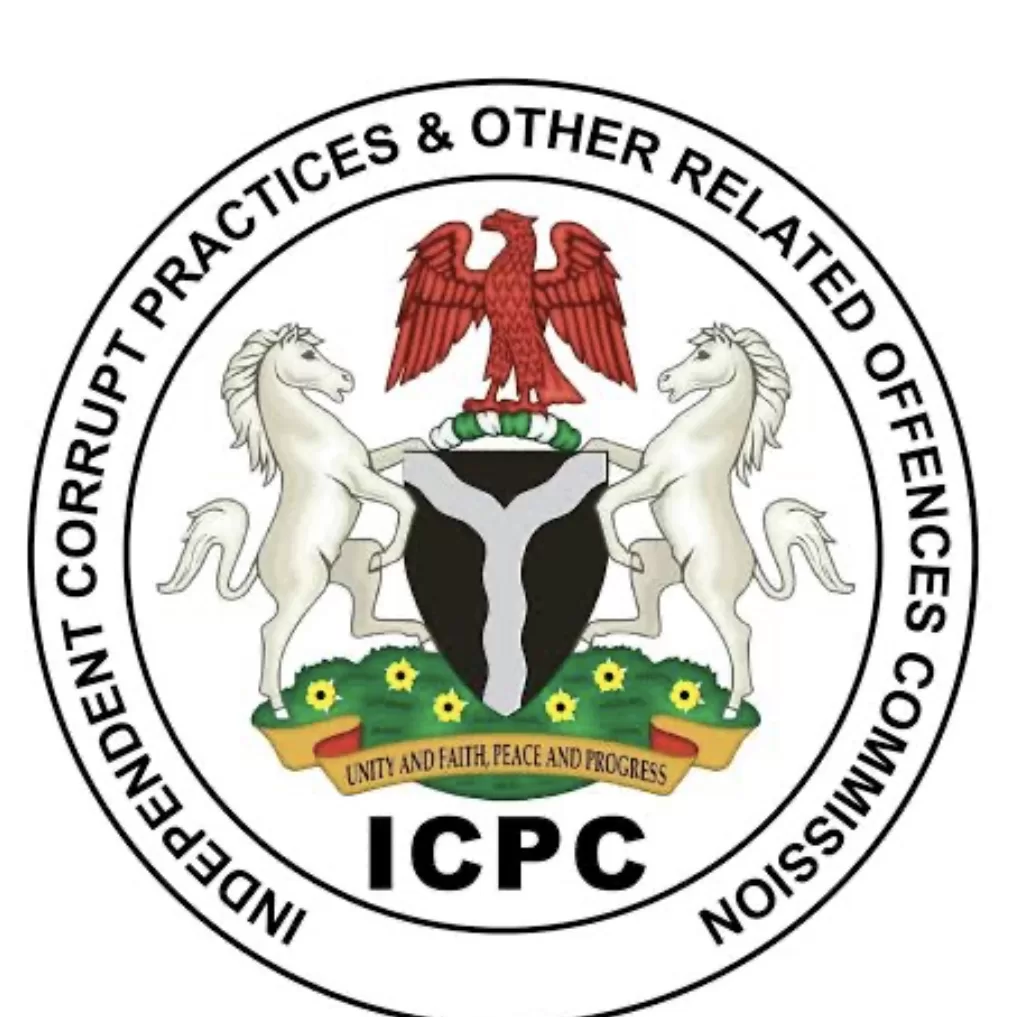The Independent Corrupt Practices and Other Related Offences Commission has urged the Nigerian Natural Medicines Development Agency to address the widespread sale of unregulated herbal drinks, commonly referred to as “Ala Agbo.”
Speaking at a one-day webinar on Thursday titled “Building a Transparent and Accountable Public Institution and Inauguration of the Anti-Corruption and Transparency Unit of the NNMDA,” the ICPC Resident Commissioner for Lagos State, Kabir Elelu, raised concerns over the health risks posed by such unregulated products.
“There is an urgent need to harness natural medicines and ensure they protect public health,” Elelu said.
“These herbal concoctions sold by hawkers are endangering lives, with rising cases of liver cirrhosis and other diseases linked to their consumption. The agency must step in to find a lasting solution.”
Elelu also highlighted the ICPC’s mandate under Section 6 of its Act, which includes investigating corruption, conducting system audits, and educating the public. He emphasized the importance of ethics, integrity, and commitment in the fight against corruption.
“Corruption has infiltrated every sector in Nigeria, fueling insecurity, unemployment, inflation, and challenges in the oil and gas industry. As public servants, we must lead by example, beginning in our own institutions,” he stated.
Commending the NNMDA’s strong performance on the ICPC Ethics and Integrity Compliance Scorecard, Elelu urged the agency to intensify efforts to promote transparency in its operations.
Prof. Martins Emeje, Director-General of the NNMDA, reaffirmed the agency’s dedication to transparency in developing natural medicines. He described the inauguration of the Anti-Corruption and Transparency Unit as a milestone in fostering accountability.
“With transparency as our guiding principle, we aim to change the narrative surrounding natural medicines,” Emeje said. “Nigeria heavily depends on imported medicines, but we are proving that our country can develop these products without corruption.”
Emeje also attributed the decline of traditional medicine to colonial influences and corruption, stressing the importance of revitalizing the sector. “We must take pride in our natural medicines and promote Nigeria’s positive image,” he added.











